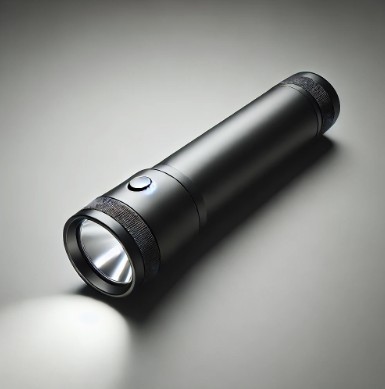CMVR – Central Motor Vehicle Rules
3. May 2023What does CMVR Certification stand for?
The Central Motor Vehicle Rules, notified by the Government of India, were published in 1989 by the Ministry of Road Transport, Highways & Shipping (MoRTH&S). The CMVR govern vehicle-related activities in India such as driver licensing, traffic inspections, production and maintenance of motor vehicles, as well as licensing of automotive components and entire vehicles.
Who contributes most to the standards for CMVR certifications?
The authorities BIS and AIS publish the standards for the CMVR certification. Before a new Central Motor Vehicle Rules standard comes into effect, the draft is first made available to the public in order to give representatives of the economy and the population the opportunity to make suggestions for changes. In addition, the ministry has created three commissions, each of which maintains contact with industry and commerce in order to involve as many stakeholders as possible.
These three committees are the CMVR Technical Standing Committee (CMVR-TSC), the Standing Committee on Implementation of Emission Legislation (SCOE), and the Automotive Industry Standards Committee (AISC). These committees include representatives from various ministries (including the Ministry of Heavy Industries & Public Enterprises (MoHI&PE), MoRT&H, Bureau of Indian Standards (BIS)), government agencies (including Automotive Research Association of India (ARAI), Vehicle Research Development & Establishment (VRDE), Central Institute of Road Transport (CIRT)), and industries (e.g. Society of Indian Automobile Manufacturers (SIAM), Automotive Component Manufacturers Association (ACMA), Tractor Manufacturers Association (TMA)).
What functions do the commissions and committees have regarding the Central Motor Vehicle Rules?
With the help of these various actors, technically meaningful rules can be created, helpful international standards can be taken into account, and appropriate points of time can be defined for the rules to come into effect.
Major topics of legislation include component safety, emissions and electromagnetic compatibility.
CMVR Type Approval – FAQ
| Affected products | Incl. motor vehicles, safety components, tractors, trailers, engines, pollution measurement equipment, and more |
| Validity of Certificate | 2 years |
| Certificaton Estimated Timing | 5-6 months |
| Marking | Depending on product category and CMVR |
| Testing Required? | Yes |
| Test type | EMC, Safety, Telecom/wireless |
| Factory Audit required? | Yes |
| Representative in the coutnry | AIR (Authorized Indian Representative) |
| Follow-Up process | Every 2 years, a Follow Up inspection is necessary |
| Market Surveillance | Yes, tests can be requested throughout certificate validity |








